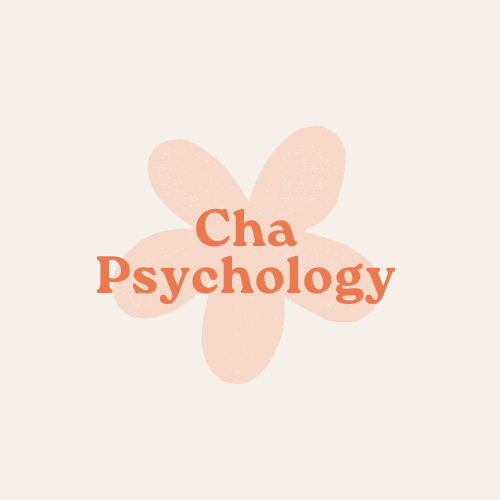AAPI Mental Health: Confidence and Self-Esteem
Introduction
I was recently featured on Confidence Chronicles, where I discussed some of the struggles experienced by BIPOC women when it comes to mental health and owning their journeys in life. It’s so interesting that I got the opportunity to talk about this very topic because it’s been coming up in my work with clients in therapy lately. I often hear from clients that they wish they had more self-confidence, and when we unpack that a bit, other aspects of the relationship to self come up. For instance, when people use the word “confidence,” they may be talking about the difficulty in trusting, valuing, and prioritizing oneself. When I reflect on this issue in my 12(?!) or so years of providing therapy, I recognize that people who are concerned with this are not one gender or racial group. Perennial self-doubt, as far as I can tell, is universal and part of the human condition. However, when a person holds a marginalized identity, there are unique layers and challenges that may require a less Eurocentric and more inclusive framework for understanding and exploration.
AAPI Confidence and Self-Esteem
Members of the Asian diaspora, such as Asian Americans, may find the journey to healthy confidence and self-esteem to be complicated because of the enduring effects of intergenerational trauma and racism. In this blog post, we'll delve into how these factors can diminish confidence and self-esteem among Asian Americans and explore ways to address and heal from these challenges.
1. The Weight of Stereotypes:
Asian Americans often face the burden of stereotypes and biases rooted in racism. The "model minority" stereotype, for example, can create unrealistic expectations and pressures to excel academically and professionally. When individuals struggle to meet these expectations, it can erode their self-esteem, leading to feelings of inadequacy.
2. Experiences of Discrimination:
Racism can manifest in overt forms, such as microaggressions and hate crimes, as well as subtle, systemic ways that exclude or marginalize Asian Americans. These experiences of discrimination can chip away at one's self-confidence and self-worth, causing emotional distress and trauma.
3. Internalized Racism:
Internalized racism occurs when individuals internalize negative stereotypes and biases directed toward their own racial or ethnic group. Asian Americans may, at times, internalize harmful stereotypes, leading to self-doubt and diminished self-esteem.
4. The Impact of Trauma:
Experiences of racism or discrimination can be traumatic, leaving lasting emotional scars. Trauma can undermine one's self-esteem, causing a sense of powerlessness, fear, and anxiety.
Moving Towards Better Confidence and Self-Esteem
Building Resilience:
Building resilience is essential for Asian Americans facing these challenges. Recognizing and challenging stereotypes, seeking support from a therapist, and connecting with individuals and communities that share similar experiences can be valuable steps in building resilience.
2. Affirming Cultural Identity:
Embracing one's cultural identity can serve as a source of strength and pride. Celebrating one's heritage and traditions can counteract the negative effects of racism, fostering a sense of belonging and self-worth.
3. Seeking Professional Help:
Therapy and counseling can provide a safe space for Asian Americans to address the impact of trauma and racism on their self-esteem and confidence. Licensed professionals can offer strategies to cope with these challenges and promote healing.
AAPI Empowerment and Recognition of Worth
The impact of trauma and racism on the confidence and self-esteem of Asian Americans is a complex issue that requires recognition, understanding, and support. By acknowledging the weight of stereotypes, addressing experiences of discrimination, and seeking professional help when needed, individuals can begin the journey toward healing and rebuilding their self-esteem. It's also important to remember that one's self-worth should never be defined by external achievements. Asian Americans, like all individuals, deserve to embrace their uniqueness and value themselves for who they are.
As a Licensed Psychologist, I'm here to support individuals through these challenges and promote mental well-being. You can contact me for a free consultation here.

